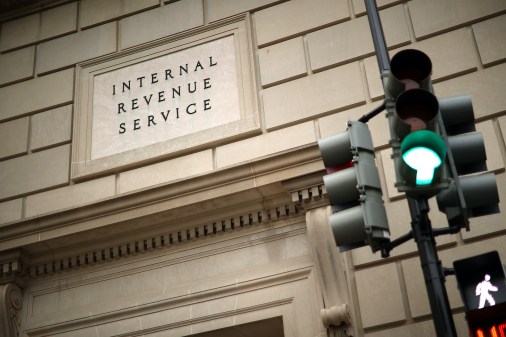DHS’ Schneck: Einstein more a platform than a tool

The Homeland Security Department’s top cybersecurity official views the tool used to block attacks from federal civilian government networks as something the private sector can’t match — despite being built on twenty-five year-old technology.
Phyllis Schneck, deputy undersecretary for cybersecurity and communications for DHS, said the Einstein system should be viewed more as a platform than a single tool. Schneck, the most senior department official with solely cybersecurity responsibilities, said the department was working to build on top of it with the best technology the private sector has to offer.
Schneck, delivering the closing keynote at the Security through Innovation Summit, sponsored by Intel Security, said Einstein has granted the department great situational awareness used to protect agencies — while the National Protection and Programs Directorate works to improve the system’s intrusion detection and prevention capabilities.
“We are working very closely with our colleagues in the intelligence community to look at what additional information they can give us,” Schneck said, “What can they give us faster and how we can be better at customer service.”
Officially known as the National Cybersecurity Protection System, the program’s effectiveness has been heavily debated in the past few months. Homeland Security Secretary Jeh Johnson defended Einstein in February after a GAO audit found the system falling well short of its objectives.
Aside from Einstein, Schneck also highlighted the recently launched Automated Indicator Sharing or AIS program, which allows private companies to share threat data with DHS which the agency then pushes out to its information sharing partners at machine speed.
“Now we are getting from a vaccine-based system, which comes from signatures and intrusion detection, to pushing antibodies through the internet and creating an immune system,” she said.
Schneck noted that these efforts were just the operational piece of the department’s cybersecurity portfolio — with much more coming from investigators at Immigration and Customs Enforcement and the U.S. Secret Service and even from the department’s CIO office.
“If you think about dhs.gov, that’s the world’s best petri dish,” she said. “The things that they see help all of us get smarter.”
Overall, Schneck’s message to the private sector was one of trust — getting companies to buy into their new information sharing programs while also asking them to help DHS build new tools on top of Einstein.
It was similar to the message Schneck told FedScoop earlier this year that “trust is awarded. The way you earn trust is to demonstrate your capability to be trusted.”
“Trust is our new currency,” she said.
Contact the reporter on this story via email at greg.otto@fedscoop.com, or follow him on Twitter at @gregotto. His OTR and PGP info can be found here. Subscribe to the Daily Scoop for stories like this in your inbox every morning by signing up here: fdscp.com/sign-me-on.






